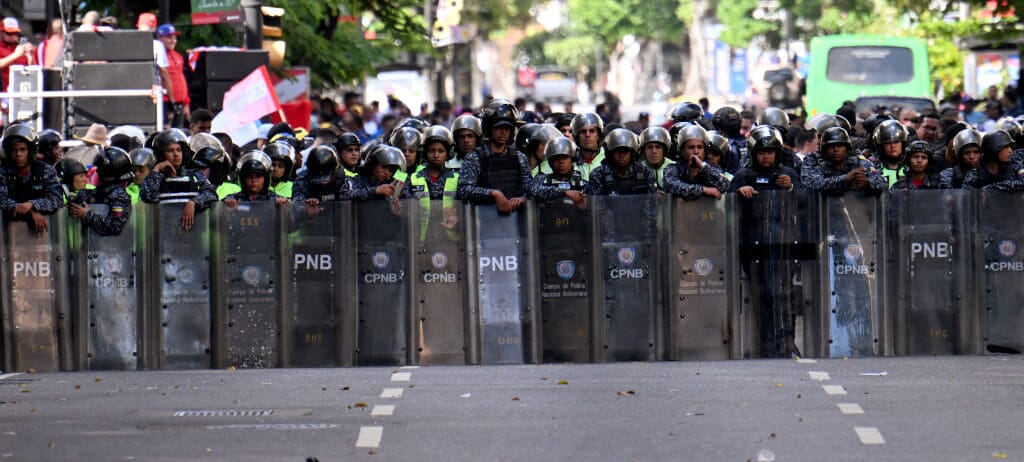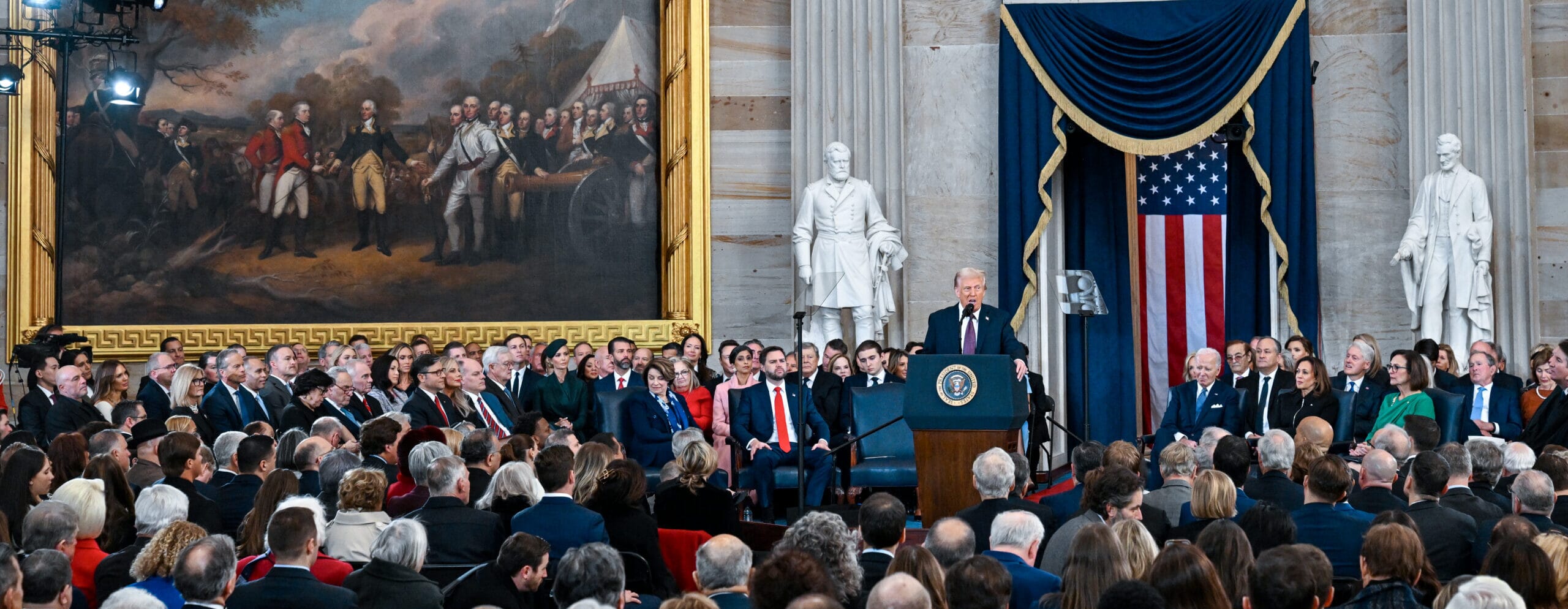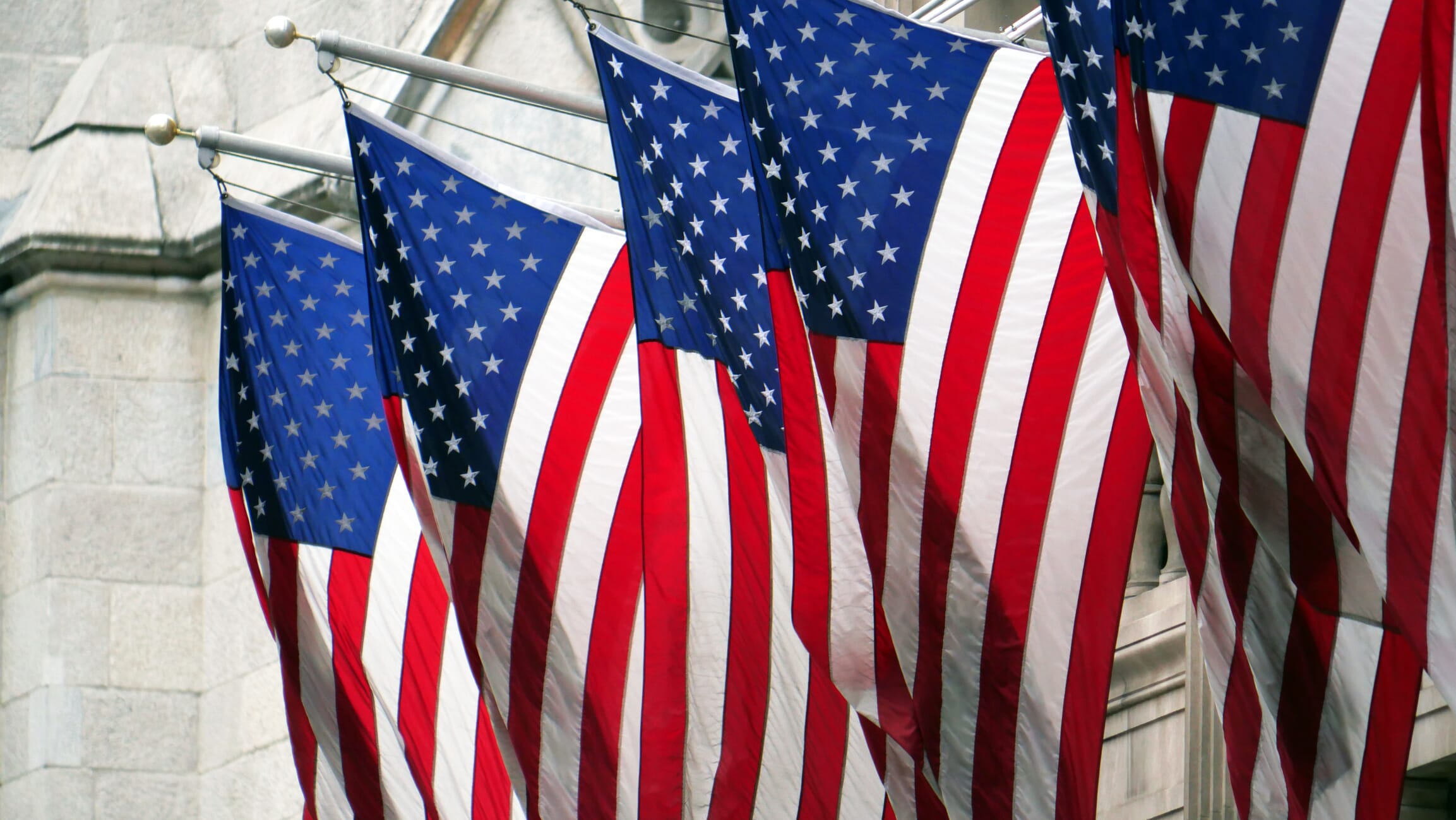News
Trump’s approach to Venezuela: Sanctions, alliances, and immigration policy

As the agenda of a new Trump administration takes shape, questions abound about how it will handle U.S. policy towards Venezuela. Given Trump’s at times unpredictable decision-making and the presence of hardline figures in his administration, the U.S. strategy is expected to place increased pressure on Nicolás Maduro’s government. However, while regime change remains a goal, the administration must balance priorities like immigration, national security, and economic interests.
The strategy: A return to maximum pressure?
Trump’s approach to Venezuela is likely to resemble his previous administration’s “maximum pressure” strategy. This means increased sanctions, diplomatic isolation, and stronger support for regional allies opposing Maduro’s rule. Several key figures in the administration, including Marco Rubio (Secretary of State), Mauricio Claver-Carone (Special Envoy for Latin America), Carlos Trujillo (Undersecretary for the Western Hemisphere), and Mike Waltz (National Security Advisor), have long advocated for aggressive policies against the Venezuelan regime.
A primary concern is whether this administration will reevaluate oil-related sanctions. Some policymakers argue that limited sanctions relief in exchange for U.S. oil access could create investment opportunities while ensuring compliance with international democratic standards. However, others warn that easing sanctions could inadvertently strengthen Maduro’s hold on power, making any transition to democracy more difficult.
Marco Rubio’s influence on Venezuela policy
Marco Rubio’s stance on Venezuela has evolved over time. Initially advocating cautious diplomacy, he later supported military options and a more aggressive approach. His frustration with past diplomatic efforts under the Biden administration suggests that he will push for stricter sanctions and increased support for opposition leaders like María Corina Machado. This could lead to escalated economic measures aimed at destabilizing Maduro’s regime, although some room for diplomacy may exist, especially concerning energy security and migration.
One of Rubio’s primary concerns has been the Biden administration’s approach to oil sanctions. He has criticized waivers that allow companies like Chevron to operate in Venezuela, arguing that such exemptions provide Maduro with a financial lifeline without advancing democracy. Under Trump’s leadership, Rubio is likely to push for revoking these waivers and imposing new sanctions to isolate the regime further.
Sanctions and the BOLÍVAR Act
Although many details of the Trump administration’s policy towards Venezuela are yet to emerge, it is clear that sanctions will remain a cornerstone of U.S. strategy toward Venezuela. The recently passed BOLÍVAR Act, spearheaded by National Security Advisor Mike Waltz, reinforces existing sanctions and expands restrictions on companies conducting business with Maduro’s regime. While it does not introduce entirely new sanctions, it strengthens the U.S. government’s ability to apply economic pressure by extending the reach of sanctions to international entities.
The main targets of these sanctions include Venezuela’s vital oil sector and financial institutions. The goal is to limit the regime’s access to global markets and financial resources, making it more difficult for Maduro to sustain power. Rubio and other policymakers argue that strict enforcement of these measures is essential to weakening the regime and forcing democratic concessions.
Venezuela’s alliances: Russia, China, Iran, and Cuba
Despite economic struggles and international isolation, Maduro’s government remains resilient, thanks in large part to its alliances with Russia, China, Iran, and Cuba. These countries provide financial, military, and diplomatic support, helping Venezuela evade sanctions and maintain control. However, recent global events—such as Russia’s war in Ukraine and instability in the Middle East—could weaken these alliances, increasing pressure on Maduro.
For example, if Russia faces greater economic hardship due to its ongoing conflict in Ukraine, its ability to support Venezuela may diminish. Similarly, Iran’s shifting geopolitical priorities could affect its capacity to assist Maduro. These factors could create new vulnerabilities for the Venezuelan regime, potentially opening opportunities for U.S. diplomatic leverage.
Immigration, geopolitical tensions, and the U.S. response
One of the largest factors influencing U.S. policy toward Venezuela is immigration. The Trump administration has signalled a tougher stance on Latin America, particularly on countries like Venezuela, Colombia, and Mexico, which play key roles in migration management.
A recent diplomatic dispute with Colombia highlights this shift. When Colombian President Gustavo Petro refused to allow U.S. military planes carrying deportees to land, the Trump administration responded with sanctions, including visa restrictions, tariffs, and financial penalties. These measures were lifted only after Colombia complied with U.S. demands. This demonstrates Trump’s firm stance on ensuring regional cooperation in managing migration.
Additionally, the administration revoked Temporary Protected Status (TPS) for approximately 350,000 Venezuelans living in the U.S., signalling a stricter approach to migration from the region.
The road ahead
As the Trump administration formulates its Venezuela policy, it faces a complex web of economic, political, and humanitarian challenges. While sanctions and diplomatic pressure remain the primary tools for confronting Maduro’s regime, the administration must also navigate shifting global alliances and regional migration crises.
The key questions moving forward will be:
- Will sanctions effectively weaken Maduro’s grip on power, or will they push Venezuela closer to adversarial nations like Russia and Iran?
- How will regional dynamics, including U.S.-Colombia tensions, shape the administration’s broader Latin America strategy?
- Can a balance be struck between economic interests (such as oil access) and the push for democratic reforms in Venezuela?
Ultimately, Trump’s policy toward Venezuela will be shaped by both domestic priorities and international pressures. As the situation evolves, the world will be watching to see whether a hardline approach can bring meaningful change—or if the Maduro regime will continue to endure despite U.S. efforts.
Photo credit: Photo by JUAN BARRETO/AFP via Getty Images
Newsletter signup

Intelligence delivered ingeniously
Helping key decision makers, make the right commercial decisions

